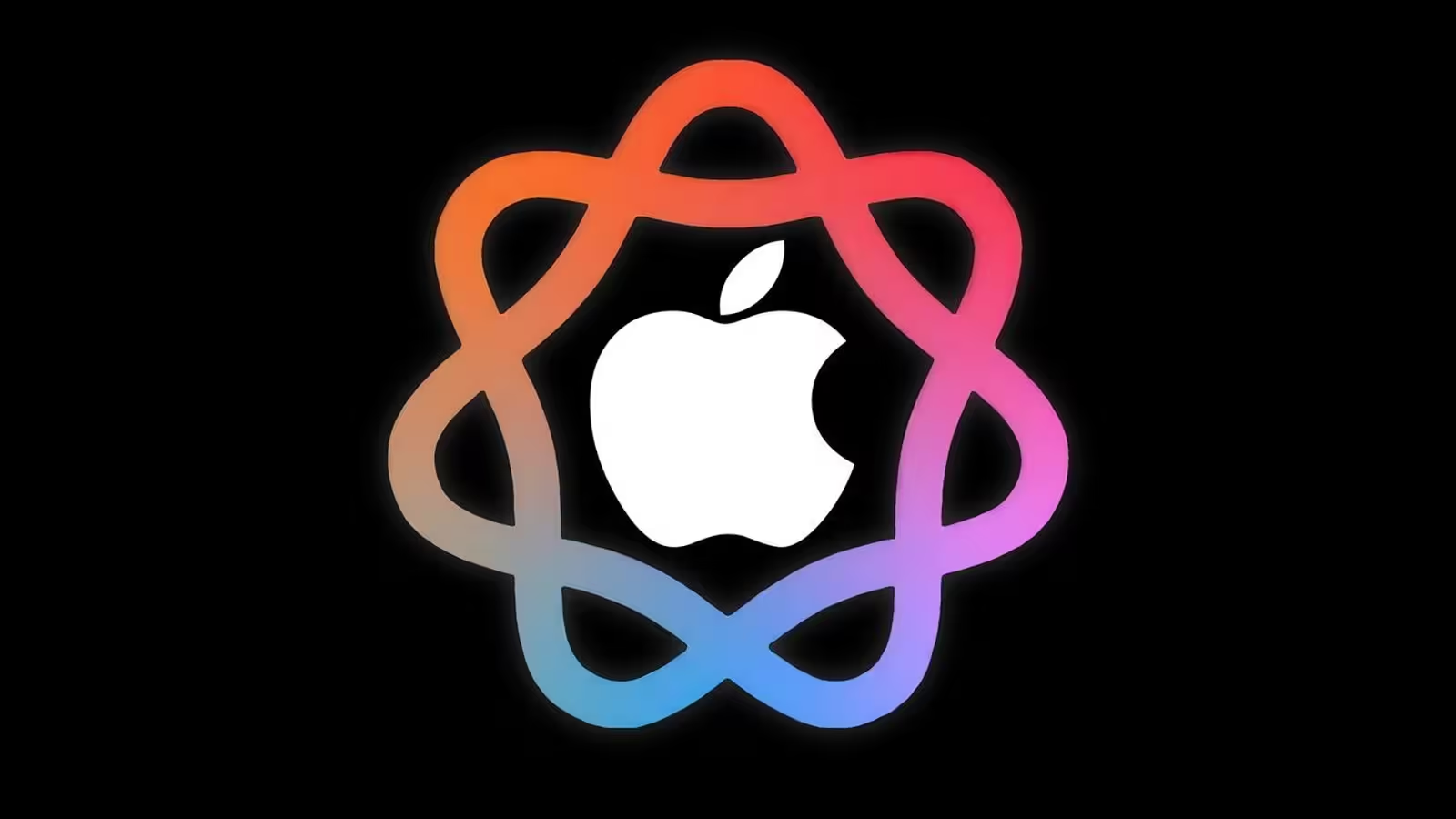5 Minutes
Apple’s Commitment to Responsible AI: Raising the Bar for Industry Ethics
Artificial Intelligence has sparked heated global debate over the ethics of web scraping and the rights of content creators. While tech giants like OpenAI and Microsoft faced major lawsuits for unauthorized use of copyrighted materials, Apple has positioned itself as a champion of ethical AI development—claiming to set a new benchmark for respecting intellectual property rights.
The State of AI Training: A Landscape of Legal and Ethical Challenges
In recent years, the race to develop advanced large language models (LLMs) has driven tech companies to gather massive datasets—often by crawling every corner of the internet. This widespread data harvesting led to high-profile legal battles, such as The New York Times suing both OpenAI and Microsoft over copyright infringement in 2023.
Meanwhile, Apple reportedly took a different approach: the company sought to license content directly from renowned publishers like Condé Nast and NBC News, reportedly offering multimillion-dollar deals in exchange for data usage rights. Though the specifics of these agreements remain private, Apple’s willingness to compensate publishers stands in sharp contrast to many of its competitors.
Apple’s Transparent Approach to AI Training Data
In a recently published research paper, Apple outlined its guiding principles for data collection and model training. The tech giant stated: “We believe in training our models using diverse and high-quality data. This includes data we’ve licensed from publishers, curated from public or open-source datasets, and information obtained by our proprietary web crawler, Applebot.”
Crucially, Apple emphasizes privacy: “We do not use our users’ private personal data or user interactions when training our foundation models. We’ve implemented filters to exclude categories of personally identifiable information, as well as to remove profanity and unsafe content.”
How Applebot Works: Navigating the Noisy Web Responsibly
Most of the research explores how Applebot—the company’s in-house web crawler—operates in a digital environment brimming with both valuable and irrelevant information. Applebot’s algorithms are designed not just for accuracy, but also for compliance: Apple states it prioritizes the rights of content owners and follows all applicable guidelines.
Apple openly references the use of robots.txt—the widely adopted protocol allowing publishers to specify what web crawlers can and cannot access. “We continue to follow best practices for ethical web crawling, including robots.txt protocols that let publishers opt out of having their content used to train Apple’s generative models,” the company says. Apple further points out that publishers have “fine-grained controls” over what Applebot can access. If a publisher blocks Applebot through robots.txt, the crawler does not record or use that website’s data for AI training, though such pages can still appear in Apple product search results, such as Siri and Spotlight.

Product Features: How Applebot Differs from Competitors
Applebot isn’t just an ethical web crawler—it’s a cornerstone of Apple’s responsible AI infrastructure. Key features include:
- Respect for robots.txt: Applebot fully adheres to robots.txt instructions, honoring granular permissions from content owners.
- Data curation and filtering: Apple filters datasets rigorously, removing any personally identifiable data and excluding harmful or offensive content.
- Direct publisher licensing: Apple actively seeks licensing deals with major publishers, in contrast to competitors who often rely solely on public scraping.
- User privacy: User search histories and personal data are not utilized in training, aligning with Apple’s privacy-first philosophy.
Comparing Industry Practices: Apple vs. OpenAI, Microsoft, and Perplexity.ai
Many other leading AI companies have been less transparent about their web scraping habits. OpenAI, for example, claims to “take into account” publisher preferences but stops short of promising strict compliance with robots.txt files. Industry data reveals that a significant proportion of AI web crawlers disregard opt-out instructions entirely—in Q1 2025, an estimated 13% of AI scrapes ignored robots.txt, up sharply from 3.3% in late 2024, according to market analytics firm TollBit. That translated to over 26 million denied scrapes in March 2025 alone.
Microsoft has also faced legal action over its web crawling practices, while Perplexity.ai—reportedly on Apple’s acquisition radar—has been publicly scrutinized for scraping content without permission, despite marketing itself as an ethical AI platform. Forbes even threatened legal action against Perplexity in 2024, prompting the company’s CEO to acknowledge flaws in its scraping approach.
In contrast, Apple’s lack of legal controversy in this arena has further reinforced its reputation for upholding ethical standards.
Advantages of Apple’s Ethical AI Training Strategy
Apple’s commitment to responsible AI training data offers several tangible advantages:
- Trust and Reputation: Respect for publisher rights and user privacy bolsters Apple’s standing among creators, consumers, and regulators.
- Legal Compliance: By following robots.txt and negotiating licensing deals, Apple minimizes its exposure to costly litigation and regulatory scrutiny.
- Quality of Training Data: Licensed, curated content can boost the accuracy, safety, and reliability of Apple’s language models versus rivals using random web scrapes.
- Market Differentiation: Apple’s privacy-first ethos and ethical AI practices serve as a competitive edge in an industry grappling with trust issues.
Use Cases and Market Impact
Apple’s generative AI models, trained under these strict ethical guidelines, serve as the backbone for intelligent features in products like Siri, Spotlight, and a range of upcoming applications powered by Apple Intelligence. By prioritizing transparency and consent, Apple not only ensures the continued availability of high-quality digital content but also fosters an ecosystem where both innovation and creator rights are safeguarded.
For news organizations, content creators, and other data owners, Apple’s approach offers a blueprint for collaboration—one in which fair compensation and control coexist with technological progress.
The Road Ahead: Will Apple’s Approach Define the Future of AI Ethics?
As regulators and the public continue to scrutinize how tech giants collect and process data, Apple’s principled approach to AI training sets a potential industry standard. While criticism and legal challenges against other major firms continue to mount, Apple remains largely untouched—at least for now.
Whether Apple’s model becomes the new norm in responsible AI development remains to be seen. But as the demand for ethical data practices grows alongside advances in artificial intelligence, Apple’s strategy puts it ahead of the curve—advancing digital innovation while respecting the foundational principles of copyright and privacy.
Source: appleinsider



Comments